Seminars
Upcoming Seminars
Stay tune!
Past Seminars
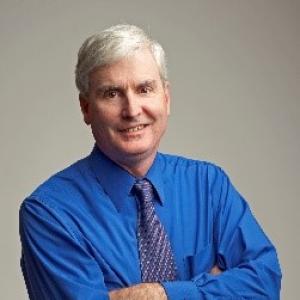
Characteristics and Seismic Performance of Tall Buildings Estimated with Nonlinear Response History Analyses
October 29, 2018 - 12:00 pm
Speaker: James O. Malley
Tall buildings (over 30 stories) have been designed on the West Coast of the U.S. for about the last 60 years. The skylines created by these tall buildings often help to define many of our major cities. Prior to the mid 1990’s, the primary system used was a steel moment resisting frame.
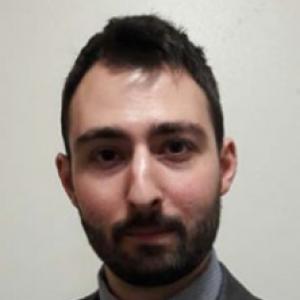
Bridging Simple Rocking Models and Experimental Understanding for Structural Walls with Jointed (Rocking) Connections
October 24, 2018 - 12:00 pm
Speaker: Dr. Dimitrios Kalliontzis
Structural walls that undergo small permanent deformations during seismic events are an attractive technology, as they improve safety and re
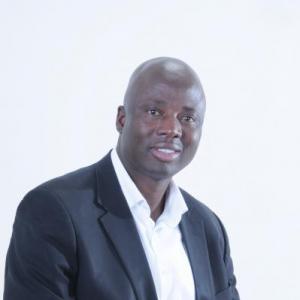
Innovations in Powder-Based Techniques for Processing Lightweight Metal Matrix Nanocomposites
October 22, 2018 - 12:00 pm
Speaker: Professor Peter Olubambi
As the competitive global technological development is increasingly advancing, materials engineers are constantly confronted with the challenge to design and rapidly produce innovative materials with improved properties for the emerging technological innovation and the wide range of their industrial environments.
Industrial Asset Performance and Management Optimization – a Case for Probabilistic Lifing
October 17, 2018 - 12:00 pm
Speaker: Assistant Professor Felipe A. C. Viana
Despite continuous advance in design and manufacturing of industrial equipment, managing fleets of engineering assets (e.g., thousands of jet engines or aircrafts) is challenging due to the large variation in operating conditions.
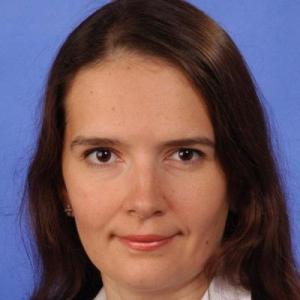
Electric Field Effects in Fiber Reinforced Polymer Matrix Composite Structures: from Low-field Damage Sensing to High-field Lightning Protection Applications
October 10, 2018 - 12:00 pm
Speaker: Professor Olesya Zhupanska
This talk discusses on the behavior of fiber reinforced polymer matrix composites subjected to electric fields ranging from the low-magnitude fields encountered in damage sensing applications to the extremely high-magnitude fields occurring during lightning strikes.
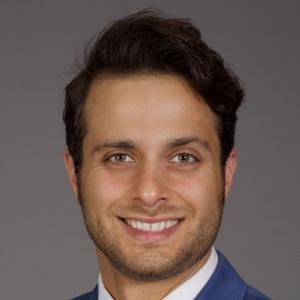
Loma Linda University Medical Center Replacement Hospital
October 03, 2018 - 12:00 pm
Speaker: Alireza Sarebanha
Loma Linda University Medical Center, as part of their 2020 Vision, will replace the seismically non-compliant, existing hospital. The project expands their existing hospital building to include a new 1,100,000ft2 expansion of the 276-bed Adult Medical Center, including 96 intensive care beds and 180 medical-surgical beds.
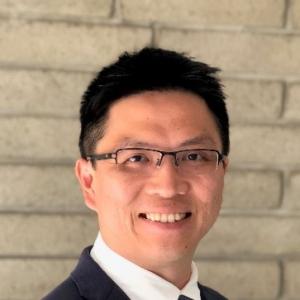
Multiscale Studies of High Performance Fiber Reinforced Concrete
September 05, 2018 - 1:30 pm
Speaker: Dr. Chung-Chan Hung
High Performance Fiber Reinforced Concrete (HPFRC) is characterized by ductile tensile strain-hardening behavior accompanied by multiple narrow cracks.
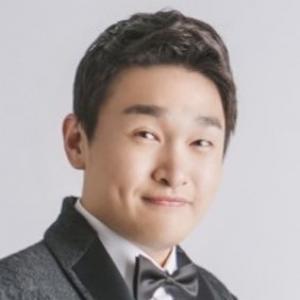
“High-Volume Manufacturing” of Micro-encapsulated Phase Change Materials (MPCMs) for Thermal Energy Storage (TES) Systems
August 27, 2018 - 2:00 pm
Speaker: Dr. Sun Choi
Micro-encapsulated Phase change materials (MPCMs) are frequently and widely used as composite materials for in thermal energy storage (TES) systems s
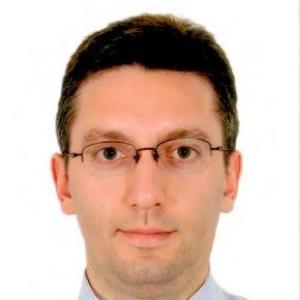
Assessment of Aftershock Hazard Conditioned on Mainshock Shaking
May 30, 2018 - 12:00 pm
Speaker: Professor Ufuk Yazgan
Estimation of aftershock hazard is one of the most critical issues in evaluation of the post-earthquake safety of damaged structures. Unfortunately, misevaluation of this risk has claimed many lives in the past.
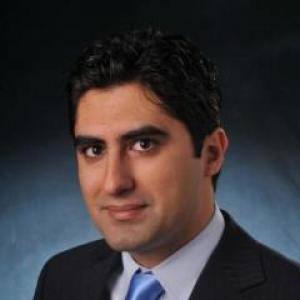
Uncertainty Quantification via a Multi-Fidelity Model Reduction Approach
May 23, 2018 - 12:00 pm
Speaker: Professor Alireza Doostan
Realistic analysis and design of multi-disciplinary engineering systems require not only a fine understanding and modeling of the underlying physics and their interactions but also recognition of intrinsic uncertainties and their influences on the quantities of interest.
